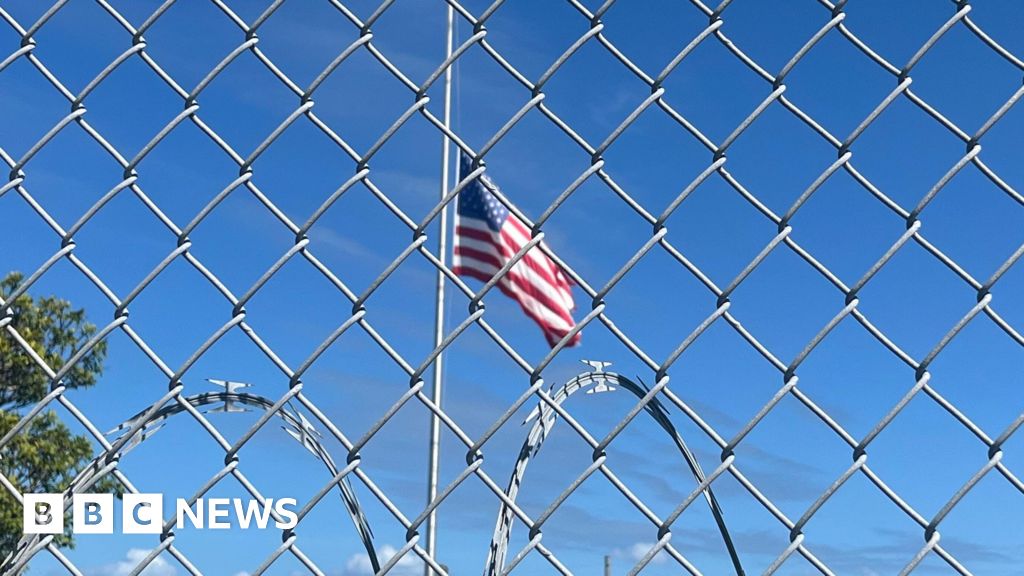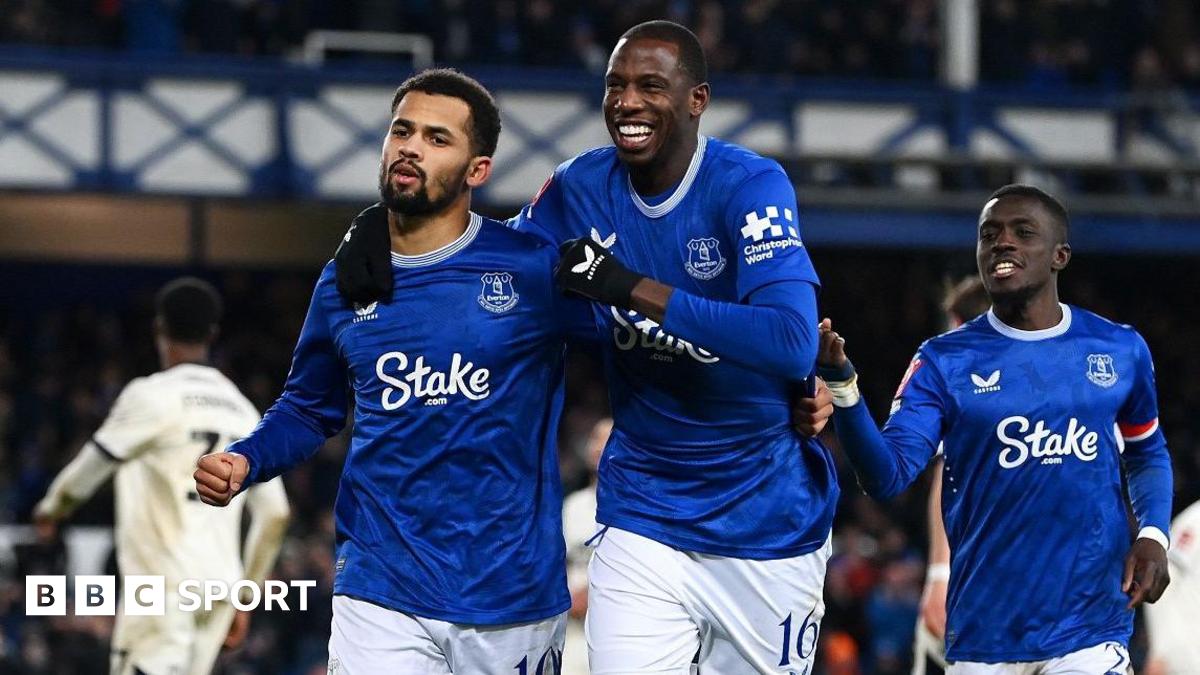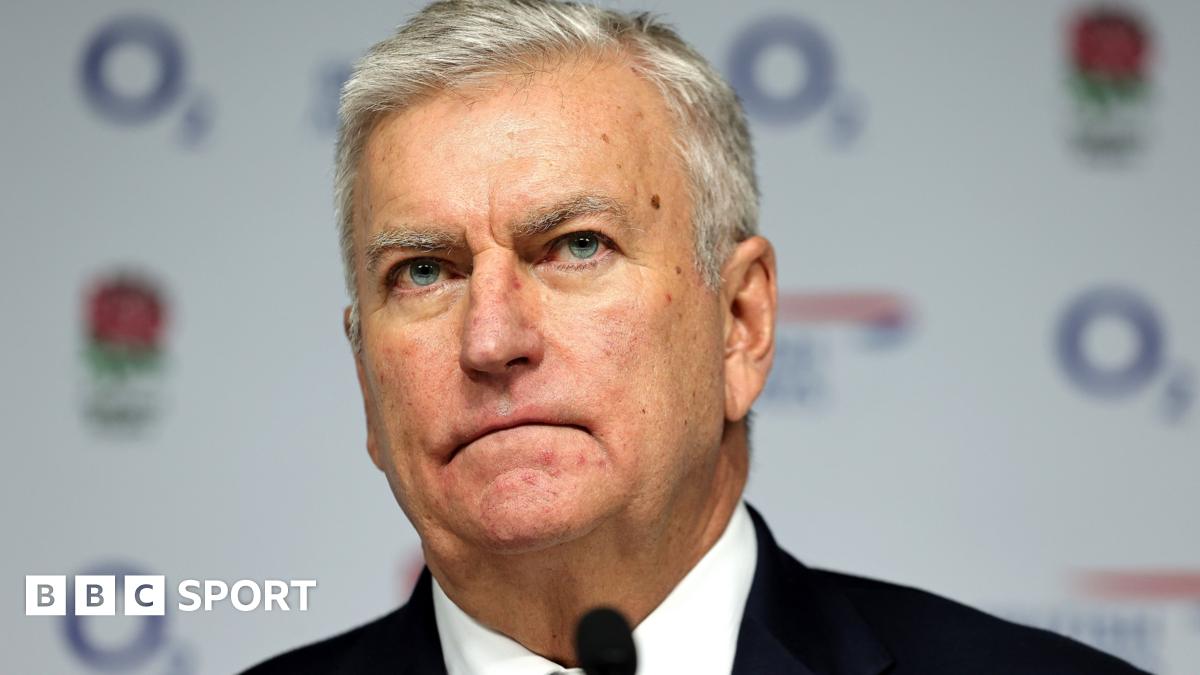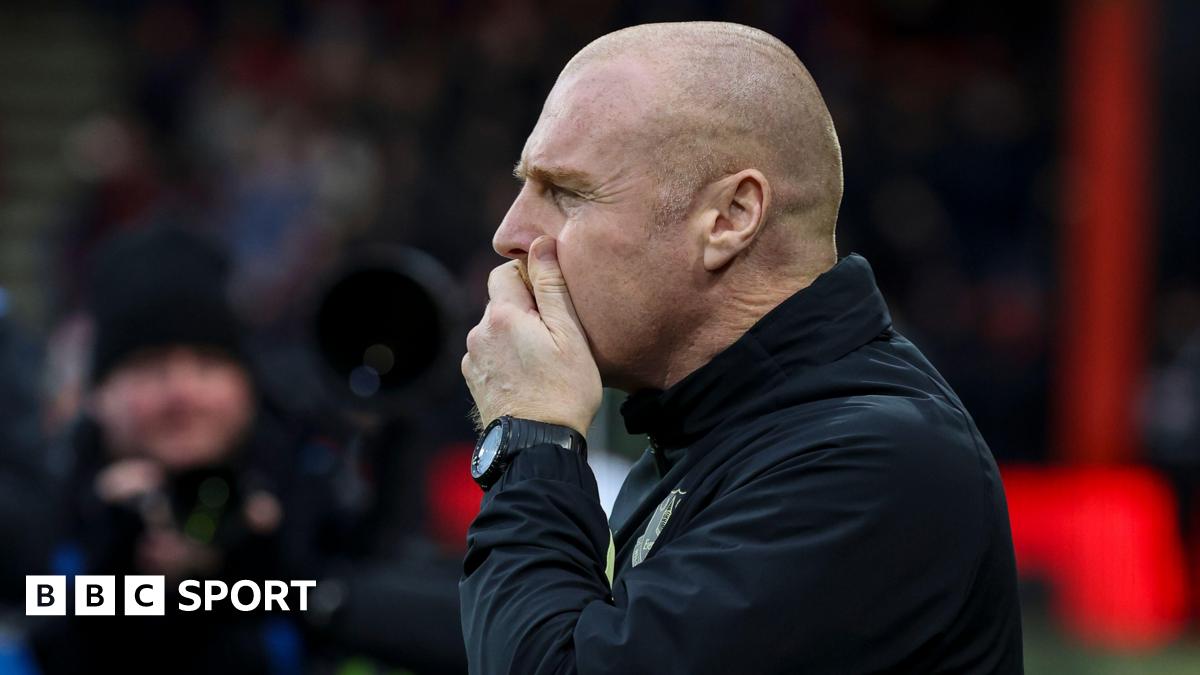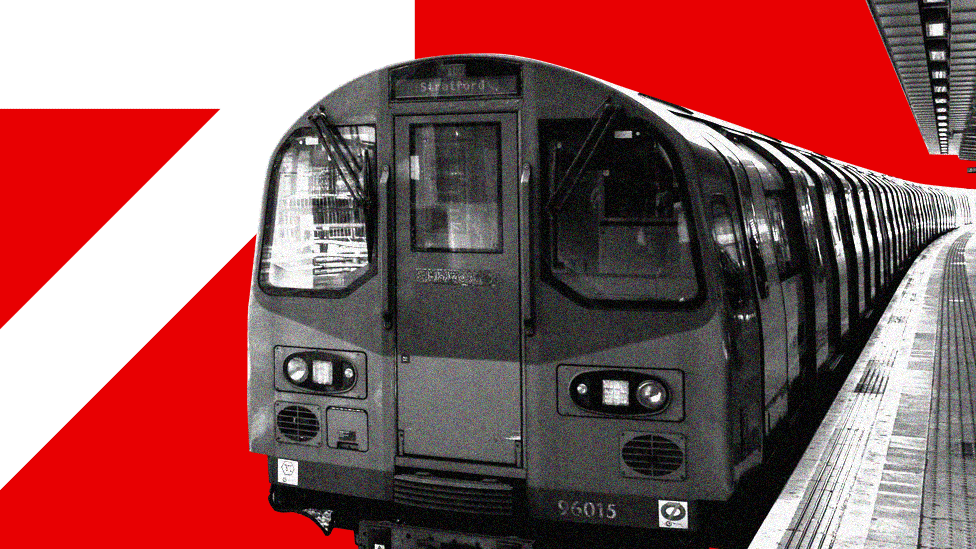
Passengers on the London Underground face major disruption when workers hold days of strikes in a dispute over pay.
Walkouts run between 5 and 12 January, but the full impact will not be felt until the evening of Sunday 7 January, when Tube services wind down.
When are the London Underground strikes?
- Tube services end earlier than normal, with customers advised to complete Tube journeys by 17:30
- Lines serving the Emirates Stadium will try to remain open longer for the Arsenal v Liverpool FA Cup match, but will start to close from 19:30
Monday 8 to Thursday 11 January
- Severe disruption is expected, with little to no Tube service
- Tube services will start later than normal, with a good service expected by midday
Throughout the period, disruption is also possible on the Elizabeth line, the Docklands Light Railway and London Overground. Buses and trams are not affected by the strikes.
Why are London Underground workers striking?
The disruption is because of strikes by train operators, engineering train drivers and other workers including those responsible for network control, signalling, fleet maintenance and stations.
Transport for London (TfL) said the pay rise was "the most we can afford". It is trying to make about £230m of savings as part of a government funding deal that was agreed in August 2022.
A previous strike by RMT members over 600 job closures and conditions was called off in October after significant progress in talks with TfL.
When are the next rail strikes?
Rail workers who are members of the RMT and train drivers union Aslef, have been locked in a row with train companies over pay and working conditions.
Industrial action by both unions has resulted in huge disruption on the country's railways over the last 18 months, with trains frequently cancelled on strike days.
The RMT is not holding strikes until at least spring after its members voted to accept a pay offer. However talks over future pay deals and working practices still remain.
In December, Aslef members voted to continue taking strike action for the next six months but no dates have yet been announced.
Unions in disputes need to reballot members every six months to see if they want to continue with industrial action.
Can I get my money back for strike days?
The TfL website says: "We do not give refunds for delays outside our control, including strikes."
Rail passengers with advance tickets can be refunded fee-free if the train they are booked on is cancelled, delayed or rescheduled.
If passengers have a return ticket they may also be entitled to a fee-free refund if any part of the journey is cancelled due to strikes.
Season ticket holders (flexi, monthly or longer) who cannot travel, can claim 100% compensation for strike dates through the Delay Repay scheme.
How much are rail workers paid?
The average salary of rail workers in 2022 was £45,919, according to the Office for National Statistics (ONS).
If drivers are excluded (because they tend to be members of the Aslef union, not RMT) its estimate is £39,518. However, the RMT union said that figure was too high because it does not include rail cleaning staff.
The ONS says median pay for "train and tram drivers" is just under £59,000.
How much notice do unions have to give before going on strike?
Unions are obliged to give at least 14 days' notice of any strike action.
Will you be affected by the next Tube strikes? Please share your experiences by emailing haveyoursay@bbc.co.uk.
Please include a contact number if you are willing to speak to a BBC journalist. You can also get in touch in the following ways:
If you are reading this page and can't see the form you will need to visit the mobile version of the BBC website to submit your question or comment or you can email us at HaveYourSay@bbc.co.uk. Please include your name, age and location with any submission.
 (1).png)
 1 year ago
15
1 year ago
15
